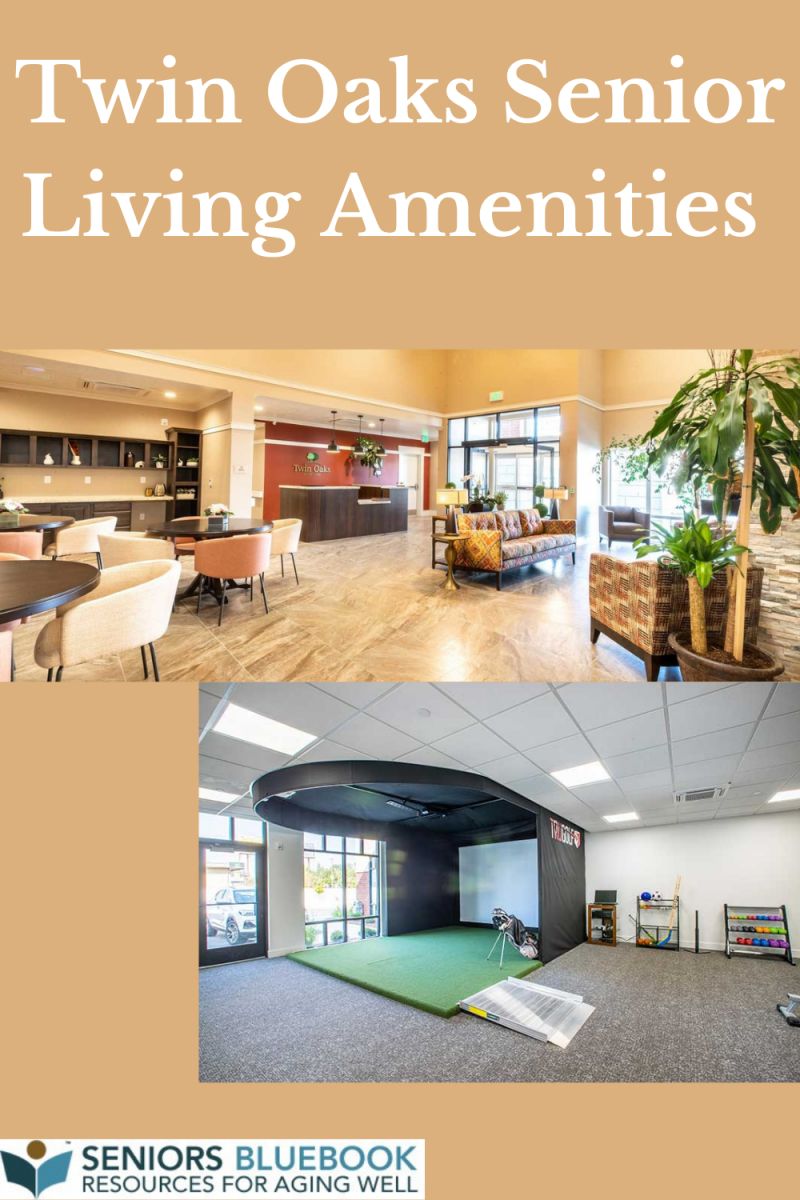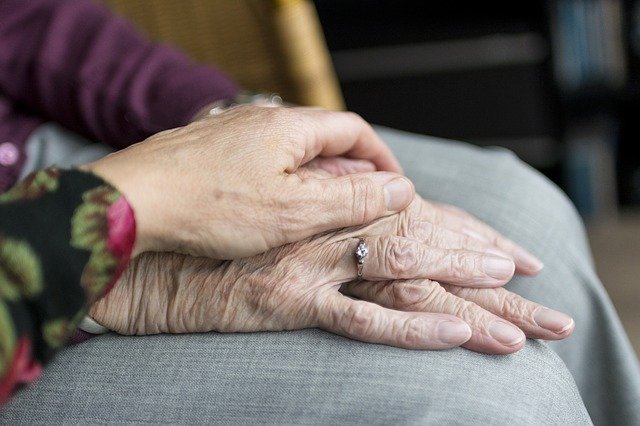
When you need help for your aging parents, there are many options available. There are many options: adult day programs for seniors, in-home care, hospice, and nursing homes. In this article, we'll discuss what each option offers. Your preference will ultimately depend on your family's situation, budget, and level of care you require. No matter what you choose, you'll get the highest quality care for your loved-one.
In-home care
In-home elderly care can be expensive. Some costs may be covered under health insurance, Medicaid, Veteran Administration benefits. Private citizens may also be able to contribute. Fundraisers are a great way of raising funds. However, there are some things to keep in mind when comparing in-home care costs to nursing home care. It is important that you compare costs before you make a decision about which service to use.
First, evaluate your loved one's care needs. First, determine if they require skilled care or not. An elderly care agency may offer a free assessment at your home. This is a great method to find out how much care you need and what services you can provide.

Nursing homes
It is important to be aware of what to look out for when you are considering nursing home care for your loved ones. First, you must ensure that the facility meets minimum safety regulations. You will need a sprinkler system, fire resistant doors, and an evacuation plan. It must also contain policies on the storage of personal items and procedures for dealing with medical emergencies. It is important that you understand the fees and wait period of any nursing home. The fee structure should clearly show the level of service and any additional services offered.
Another option for those who need help with daily activities, but who don't want to go into a nursing home is the Home Care Assistance Program. HCAP is not able to provide 24-hour nursing care but does provide room, board, medical care and case management. This option is often covered by Medicaid, Supplemental Security Income, and home relief programs.
Adult day programs
Adult day programs are available to seniors who need support, supervision, or socialization. Many of them offer cognitive stimulation programs as well as memory training. These centers are great for caregivers as they can give them a break from caring duties. They also delay placement in nursing homes. They are available seven to ten days a week, and some even offer evening and weekend services. Some also offer meals and transportation.
Adult day care centers are professionally-trained, community-based programs that focus on enriching the lives of older adults. The activities create a community for participants and provide respite for caregivers after a hard day. The staff at adult day care facilities are made up of healthcare professionals so that they can offer health support, physical and occupational therapies for the elderly. Parents and caregivers should make sure to consult with a healthcare provider before enrolling their loved ones in an adult care facility.

Hospice care
While it may be difficult to ask medical professionals questions, asking questions is an essential part of hospice care. It will ensure that senior citizens receive the best possible care at the end of their life. Ask about the number, availability, and duration of the care.
One study found that nurses who have personal experience with elderly relatives were more likely to be receptive to hospice care. Although these results are troubling, they are not unexpected. Caregivers close to the elderly may have an alternative perspective. Those who have experience with death are also more likely to have a positive attitude towards hospice care. Hospice-trained nursing staff were more likely than others to be supportive of the elderly.